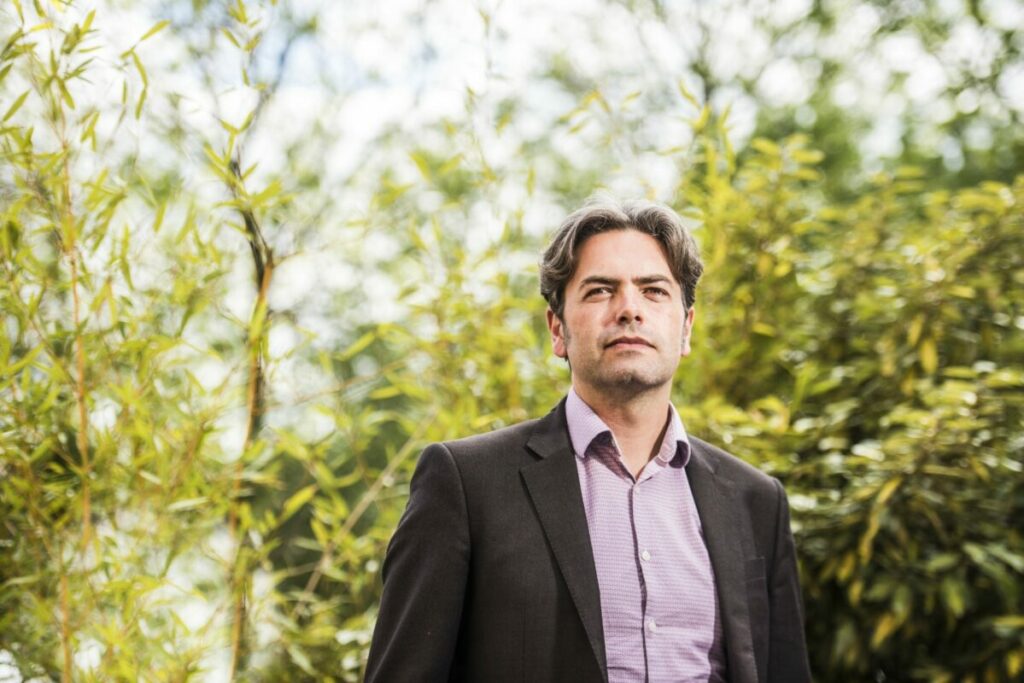There are huge positive impacts that could be realised for households by making small changes to when or how much they use energy each day.
As a new report from the energy analysts at Cornwall Insight highlights, national electricity costs could be cut by an annual £4.6 billion by 2030 if flexible solutions – including smart meters, time-of-use tariffs, solar panels and batteries – are fully implemented. A more flexible approach to energy use is also a key part of unlocking the net zero energy system of the future: one that is affordable, renewable and secure.
However, people will only be able to enjoy the benefits if the right market mechanisms are in place, and if they are clear about what changes to make, how to make them and why. The reality is that we must rethink our approach to our energy use. The UK government must therefore recognise the crucial role that individuals will play in decarbonising our electricity grid and provide them with the tools to do so.
The energy system operator (ESO), part of National Grid Group, manages the balance of the UK’s electricity system by matching supply with demand. This is crucial at peak times, such as when people get home from work and start cooking their evening meal. As we switch to more renewables, flexibility offers a new way to bring down these peaks by encouraging people with a small financial reward to reduce their energy use at these busy times. This might mean having dinner an hour later than usual or charging an electric vehicle (EV) overnight.
This “demand flexibility” can level out the UK’s energy use by matching demand with available generation, avoiding the need to switch on back up fossil fuel power stations, in turn, lowering the running costs of our national electricity network, cutting household bills and reducing carbon emissions.

People are starting to engage with the concept of flexibility, for example through the introduction of last winter’s National Grid ESO Demand Flexibility Scheme, which rewarded homes for not using energy at peak times and saw enough electricity saved to power nearly 10 million British homes. 10 million British homes. And it’s certainly welcome news that National Grid ESO will run its Demand flexibility service again this winter.
However, there is a need for a large-scale engagement campaign to explain what flexible energy is about, showing how it can cut energy bills and providing practical steps to embrace it. Consumers need greater awareness of how and when they use electricity. Smart meters are key to making this happen too.
The wider benefits of flexible energy must also be communicated. They include lowering the running costs of the electricity grid and reducing the need to invest in its expansion. This helps to bring everyone’s bills down too.
Currently, with a few notable exceptions, there are only static tariffs, with limited trial flexible tariffs cautiously entering the market. As it stands the market isn’t going to deliver flexibility at the pace we need on its own. To unlock the benefits, the UK government needs to make sure that its market reforms can enable flexible pricing. It’s about market design, the way it’s regulated and then the way companies respond and interact with their consumers. Although Ofgem will regulate new flexible tariffs, the government will need to get the framework right.
The energy and climate crises have been driven by our over-reliance on fossil fuels. Transitioning to net zero is about rebalancing our relationship with our resources to create a better, cleaner and fairer system for everyone, and we can get there much faster with an informed and engaged society. For energy flexibility, that means getting the right market design and regulation, and a public engagement campaign to explain its benefits and practicalities. This will empower people by providing the tools they need to help unlock the net zero energy system of the future.
To find out more about demand flexibility, you can read recent Current± articles on OVO’s demand flexibility service, National Grid ESO’s demand flexibility service, our interview with NTT DATA on energy market reforms, the recognition of National Grid Electricity Distribution (NGED) as the largest flexibility provider, and the tendering of an unprecedented amount of grid flexibility in 2022.





